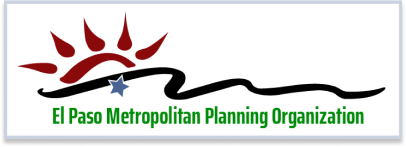Need Area Description
This service package utilizes connected vehicle technologies, including vehicle–to–infrastructure (V2I) and vehicle–to–vehicle (V2V) communications, to enable vehicles within the queue event to automatically broadcast their queued status information (e.g., rapid deceleration, disabled status, lane location) to nearby upstream vehicles and to centers (such as the TMC). The infrastructure will broadcast queue warnings to vehicles in order to minimize or prevent rear–end or other secondary collisions. This service package is not intended to operate as a crash avoidance system. In contrast to such systems, this service package will engage well in advance of any potential crash situation, providing messages and information to the driver in order to minimize the likelihood of his needing to take crash avoidance or mitigation actions later. It performs two essential tasks: queue determination (detection and/or prediction) and queue information dissemination using vehicle–based, infrastructure–based, or hybrid solutions.
Need Area Type
Safety
Service Package
Includes Needs
| Number | Need |
|---|---|
| 01 | Traffic Operations needs to be able to detect a queue formation using both infrastructure and connected vehicle sources of information. |
| 02 | Traffic Operations needs to be able to develop predicted queue formation using both infrastructure and connected vehicle sources of information. |
| 03 | Traffic Operations needs to be able to generate queue warning response strategies, including speed reduction, lane change, or diversion. |
| 04 | The Driver needs to be able to send queue information and response strategies to upstream vehicles. |
| 05 | The Driver needs to be able to receive queue information and queue response strategies based on information received from the infrastructure or other connected vehicles |
